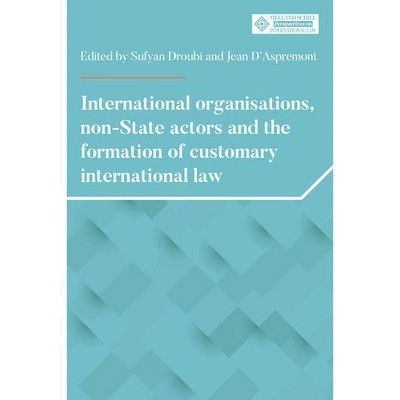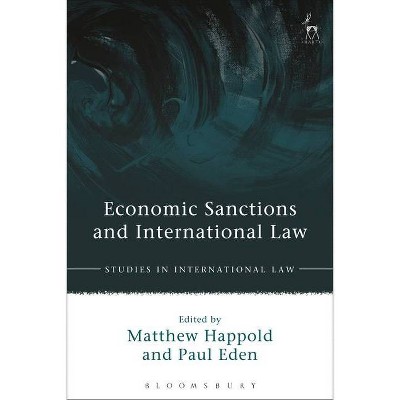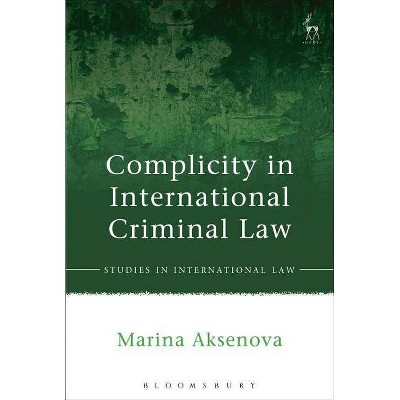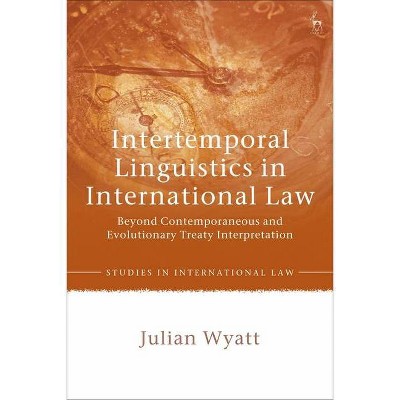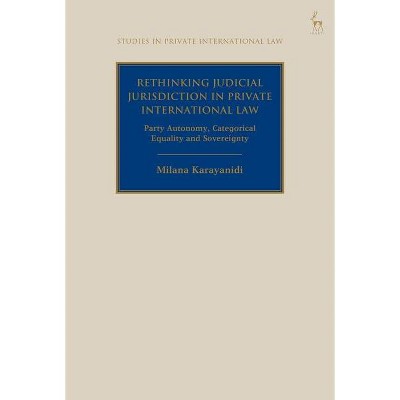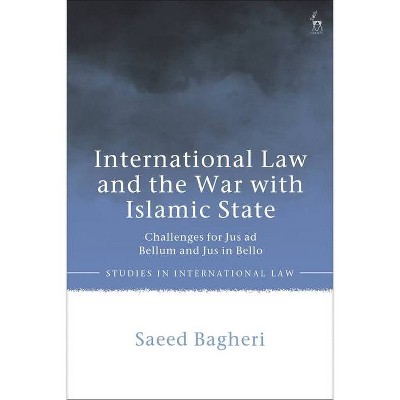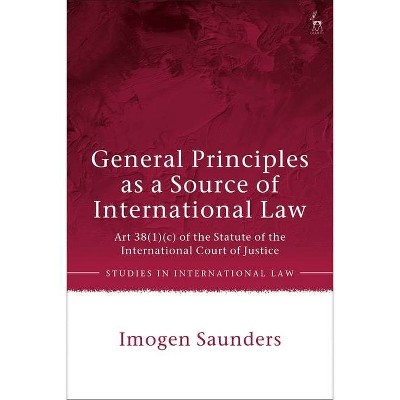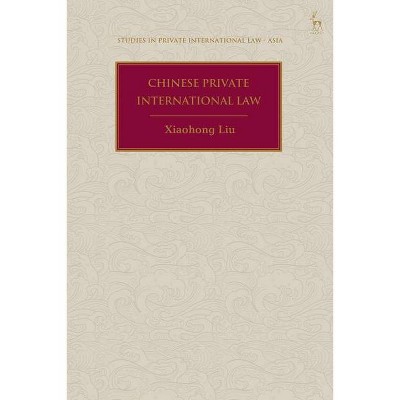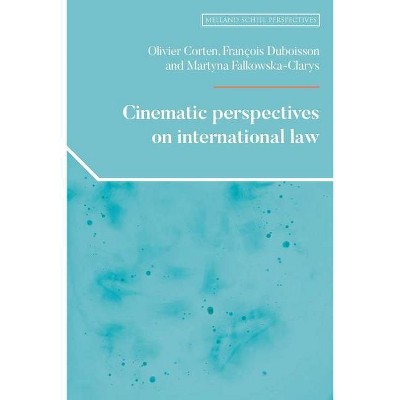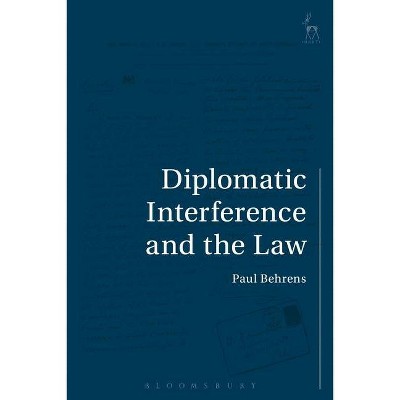Non-State Actors in International Law - (Studies in International Law) by Math Noortmann & August Reinisch & Cedric Ryngaert (Hardcover)
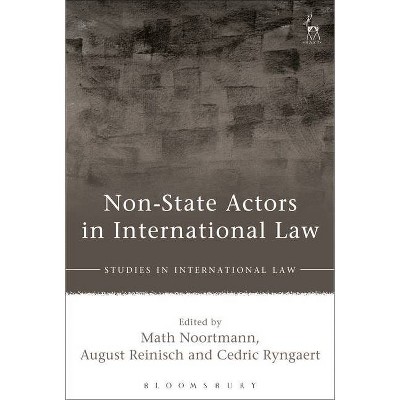
Similar Products
Products of same category from the store
AllProduct info
<p/><br></br><p><b> About the Book </b></p></br></br>The role and position of non-state actors in international law is the subject of a long-standing and intensive scholarly debate. This book explores the participation of this new category of actors in an international legal system that has historically been dominated by states. It explores the most important issues, actors and theoretical approaches with respect to these new participants in international law. It provides the reader with a comprehensive and state-of-the-art overview of the most important legal and political developments and perspectives. Relevant non-state actors discussed in this volume include, in particular, international governmental organisations, international non-governmental organisations, multinational companies, investors and armed opposition groups. Their legal position is considered in relation to specific issue-areas, such as humanitarian law, human rights, the use of force and international responsibility. The main legal theories on non-state actors' position in international law - neo-positivism, the policy-oriented approach and transnational law - are covered at the beginning of the book, and the essential political science perspectives - on non-state actors' role in international politics and globalisation, as well as their soft power - are presented at the end.<p/><br></br><p><b> Book Synopsis </b></p></br></br>The role and position of non-State actors in international law is the subject of a longstanding and intensive scholarly debate. This handbook explores the participation of this new category of actors in an international legal system that has historically been dominated by States. It explores the most important issues, actors, and theoretical approaches, with respect to these new participants in international law. The book provides the reader with a comprehensive and state-of-the-art overview of the most important legal and political developments and perspectives. The relevant non-State actors discussed include international governmental organizations, international NGOs, multinational companies, investors, and armed opposition groups. Their legal position is considered in relation to specific issue-areas, such as humanitarian law, human rights, the use of force, and international responsibility. The main legal theories on non-State actors' positions in international law - neo-positivism, the policy-oriented approach, and transnational law - are covered at the beginning of the book, and the essential political science perspectives - on non-State actors' roles in international politics and globalization, as well as their soft power - are presented at the end. (Series: Studies in International Law) [Subject: Public International Law, Humanitarian Law, Human Rights Law, Politics<p/><br></br><p><b> About the Author </b></p></br></br><p>Math Noortmann is Professor of Transnational Law and Non-State Actors at the Centre for Trust, Peace and Social Relations at Coventry University.<br>August Reinisch is Professor of International and European Law at the University of Vienna.<br>Cedric Ryngaert is Professor of Public International Law at Utrecht University.</p>
Price History
Price Archive shows prices from various stores, lets you see history and find the cheapest. There is no actual sale on the website. For all support, inquiry and suggestion messages communication@pricearchive.us
